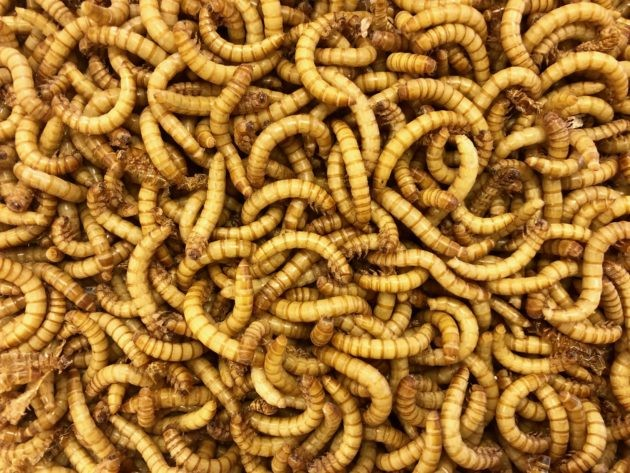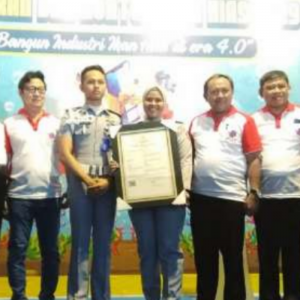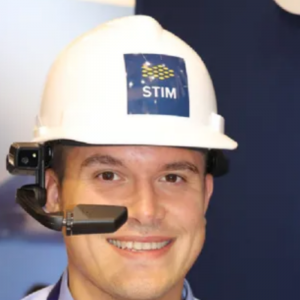
Insect-Growing Startup Beta Hatch Raises $3M to Further Innovate and Build Giant New Facility
| Wed, 27 May 2020 - 09:08
Beta Hatch, the insect-growing startup looking to revolutionize the animal feed business through its science and technology, has raised $3 million as part of a new funding round.
Founded in 2015 by PhD entomologist Virginia Emery, the company has raised $5 million in total equity while also securing $4.6 million in state and federal funding.
The latest round was co-led by Cavallo Ventures, the venture capital arm of Wilbur-Ellis, and early-stage venture firm Innova Memphis. Klein Private Equity Investment and Brighton Jones Investment Partners also participated.
Currently operating out of a facility in SeaTac, south of Seattle, Beta Hatch will use the cash to continue to innovate on its technology and also move its entire operation to Cashmere, Wash., next year.
That flagship facility will be the largest mealworm production facility for animal feed in North America, with the capacity to produce a ton of insect protein per day. It’s scheduled to be operational in early 2021 and will be partially powered by waste heat from a neighboring data center to reduce electrical needs.
Beta Hatch develops insect-rearing technology that converts organic waste directly into high-value proteins, oils and nutrients for poultry and aquaculture, enabling insects to cost-effectively meet the global scale of demand for plant and animal nutrients.

Mealworms are ideal food for chickens and farm-raised fish, and Beta Hatch raises lots of them. (GeekWire Photo / Kurt Schlosser)
Emery said insects have the potential to be the world’s most sustainable protein, and growing them — and Beta Hatch — has been both satisfying and challenging.
“We have learned so much about the science of raising insects, but we have also learned just how much more we need to understand to optimize our technology,” Emery told GeekWire. “This is the beginning of a new crop, but given we took millennia to domesticate some of our other food species, we are working at light speed in relative terms.”
We have learned so much about the science of raising insects, but we have also learned just how much more we need to understand to optimize our technology.
Beta Hatch currently employs 14 people and plans to bring on 10-20 more in new roles once the Cashmere operation is complete.
The expanding startup has learned to work efficiently together, Emery said, and she’s been excited to pass off more of the hats she wears as CEO. She recently hired a VP of Business Development and VP of Technology who can help the company continue to scale and excel.
And personal challenges over the past year have been part of the experience as well. Emery was pregnant while raising venture capital, and had her first child early this year just before the COVID-19 pandemic hit.
“I’ve been forced to become more efficient as a leader and to wrestle with a lot of tough issues around sexism and startups,” she said. “I think with the pandemic shining a light on work-life balance challenges, more people are recognizing a lot of the continued and systemic challenges for women leaders, so I am excited to blaze a path forward for other female entrepreneurs.”
Along with the funding news, Beta Hatch has made significant scientific breakthroughs, as the company recently completed the first published assembly of the yellow mealworm genome. It will be published as part of an open source article in the “Journal of Insects as Food and Feed” this summer and serve as a resource for furthering research on the mealworm and other commercially relevant insect species.
Source: GreekWire






















